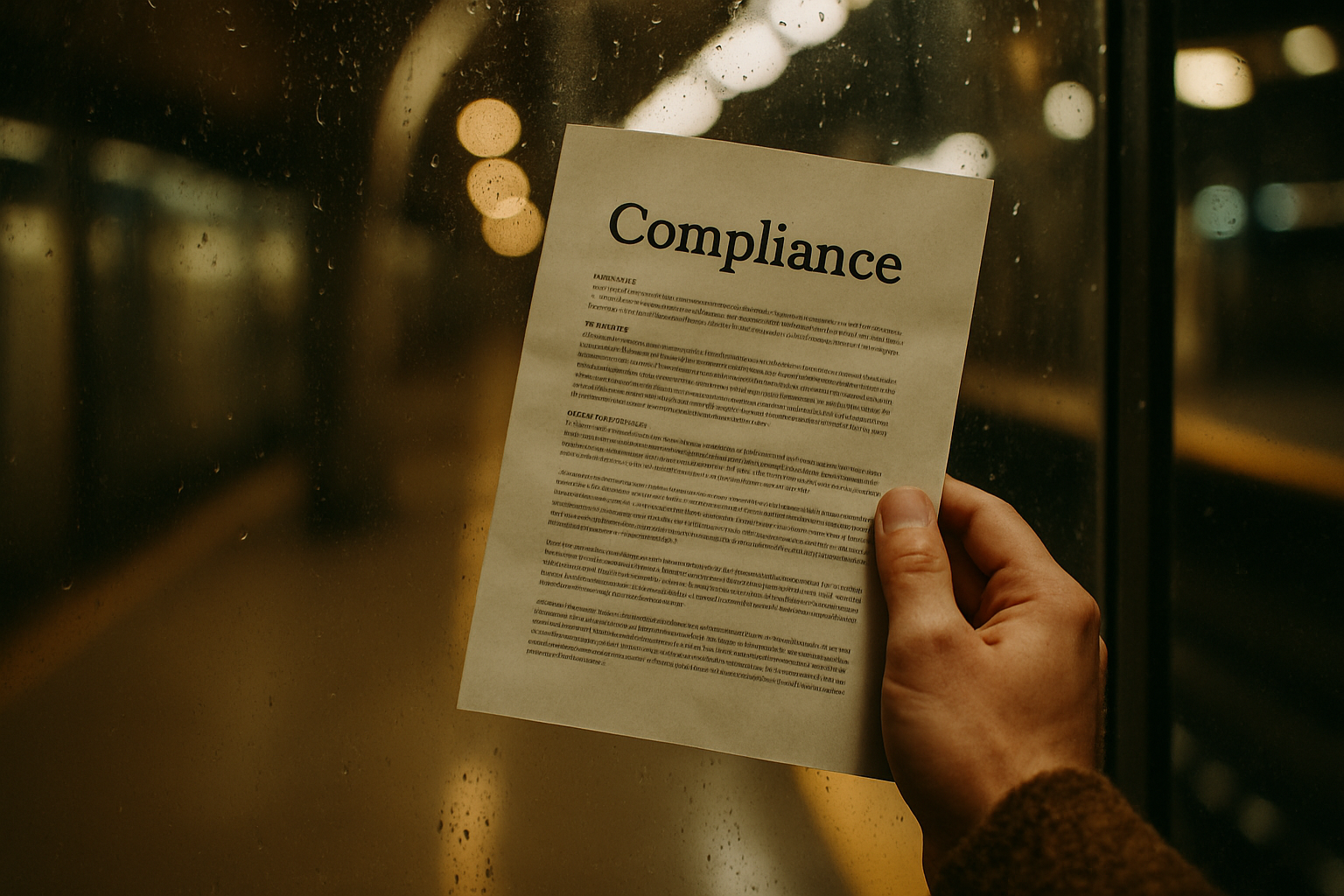Know What You’re Dealing With
Cross border funding sounds fancy, but it’s pretty simple: it means your startup is getting money from investors who aren’t in the same country as your company. Maybe a U.S. startup lands a German angel investor, or a Singapore VC wants in on your Canadian fintech play. The money moves across borders so do the rules.
Here’s where it gets tricky. You’re not just dealing with one legal environment anymore. Now there are layers of tax codes, financial regulations, and investor protection laws from multiple countries. Some governments care about where the startup is incorporated. Others care about where the investor is located. Coordinates matter.
You can’t just say “yes” to a foreign check and move on. Before locking in cross border capital, keep this checklist in your back pocket:
Make sure the investor’s home country doesn’t restrict outbound investments
Confirm your startup can legally accept foreign funds under local law
Run a tax review to avoid future surprises like double taxation
Check if you need licenses or disclosures to stay on the right side of regulations
Get clean documentation contracts, IDs, source of funds all buttoned up
Bottom line: cross border funding isn’t off limits, it’s just not plug and play. Smart founders treat it like what it is a high stakes, detail heavy process that can open doors when done right.
Jurisdiction Specific Rules Matter
When seeking cross border funding, the location of your startup and that of your potential investors can trigger vastly different regulatory obligations. Understanding these jurisdiction specific rules early can prevent costly delays and ensure your fundraising efforts stay compliant.
Watch Out for Regional Regulatory Traps
Different global regions present unique regulatory hurdles. Here’s a snapshot of common issues:
European Union (EU): GDPR compliance isn’t optional even in funding. Keep an eye on prospectus regulations and startup qualification requirements that vary by country.
United States: The SEC closely monitors securities offerings, especially if foreign investors are involved. Regulation D and Regulation S exemptions can help but they must be structured precisely.
Asia: Expect diverse financial regulations ranging from foreign ownership limits to licensing requirements. China and India, in particular, maintain strict capital controls.
How Residency and Business Structure Shape Funding Access
Your startup’s legal makeup and your own residency influence what type of funding you can legally accept.
Incorporation Location: Registering in a global startup hub (like Delaware in the U.S. or Singapore) can open more investor doors but it comes with territorial tax responsibilities.
Founders’ Residency: Local residency could subject you to home country tax or disclosure obligations, even for foreign raised capital.
Entity Type: The structure LLC, C Corp, Private Ltd., etc. determines which regulatory frameworks apply and may affect investor confidence.
Be Prepared for Currency Controls and Red Tape
Cross border transactions aren’t as simple as just wiring money. Some nations impose strict rules on currency flows, which can slow down or even block deals.
Currency Controls: Countries like China, India, and Argentina have regulations limiting capital inflows or requiring central bank approvals.
Transaction Reporting: Many jurisdictions mandate disclosures to regulatory bodies for incoming foreign investments.
Banking Restrictions: Some local banks may not be equipped to handle international fund transfers without significant documentation.
Staying ahead of these factors allows startups to proactively address red flags, streamline investor closeout processes, and avoid situations where funds are committed but undeliverable.
Investor Origin vs. Startup Location
Here’s the part many founders underestimate: where your investor lives matters just as much as where you’re based. An investor in the U.S., for example, may bring with them SEC scrutiny or require you to follow rules laid out by OFAC (Office of Foreign Assets Control). If they’re in China, EU member states, or sanctioned jurisdictions, expect a whole new tier of legal requirements or automatic red flags.
Security laws can trigger obligations even if just one party is foreign. That includes mandatory filings, disclosures, or just flat out bans on certain types of transactions. On top of that, anti money laundering (AML) frameworks vary wildly by country. Banks and governments increasingly want to know where every dollar is coming from and where it’s going.
Multi market due diligence isn’t just wise; it’s required to avoid nasty surprises down the line. Key steps: vet your investor’s legal status in their country, check if their money is coming from an approved financial institution, and review that neither side violates local or international trade restrictions. Also, loop in legal counsel early. This isn’t the kind of homework you want to rush the night before closing.
Documentation That Actually Holds Up

When it comes to cross border funding, paperwork isn’t just red tape it’s your lifeline. Most legal documents tied to international capital must be translated into the local language of any jurisdiction involved. In some cases, governments or banks won’t even look at your contract unless it’s verified and officially notarized. That includes shareholder agreements, term sheets, and corporate bylaws. Don’t assume English will cut it everywhere.
Off the shelf legal templates? Usually useless across borders. What works for a Delaware C corp doesn’t fly in Singapore or Berlin. Each country has its own disclosure requirements, language expectations, and format quirks. You’ll need documents tailored to both your home country and the investor’s.
Make sure critical contracts include jurisdiction specific compliance terms especially around IP rights, termination clauses, and shareholder protections. Data privacy is another landmine. If you’re collecting info on EU based investors, you’d better be GDPR compliant. Keep disclosures clear, data practices transparent, and legal language localized. If you want your funding to stick, your paperwork has to travel well.
Hidden Costs to Factor In
Cross border deals don’t just cost time they come with serious hidden expenses that can catch early stage teams off guard. Legal fees pile up fast, especially if you’re working across multiple jurisdictions. Hiring lawyers who understand the regulations in both your country and your investor’s isn’t optional it’s table stakes. Add the expense of translating key documents and bringing in compliance consultants, and suddenly the cost of taking foreign money starts to look a lot steeper.
Then there’s the tax side. Withholding taxes and double taxation agreements can blur into a slow motion hit on your capital. Miss a filing deadline or misunderstand who pays what, and you could end up paying twice or worse, face regulatory inquiries. Getting this part right might mean spending money on tax advisors upfront, but it’s far cheaper than fixing a mess later.
Finally, expect delays. Even smooth cross border deals can stall because of red tape. Some countries have mandatory waiting periods, notarization bottlenecks, or banking restrictions that stretch timelines. If you’re counting on that funding to hit your account by a certain launch date, you better bake in a cushion. The more partners, currencies, and time zones in play, the slower everything moves.
Trusted Expert Partnerships
Going global without legal backup is reckless. Cross border deals come with landmines conflicting regulations, tax codes, filing requirements, and compliance headaches that vary wildly by country. This isn’t the job for a generalist. A qualified cross border legal advisor isn’t a nice to have. It’s your firewall against fines, delays, or worse, a deal collapse. They know the red flags, and they speak the language literally and legally.
But don’t stop at legal. Local accelerators and venture groups can plug you into on the ground insight. They know where deals get stuck, which industries are warming up, and who’s who in the regional capital scene. They can connect you to vetted contacts and flag reputational landmines. It’s quicker and cleaner than trying to DIY a foreign market.
And since regulators are watching, airtight compliance matters more than ever. Build systems that hold up to scrutiny from the start. For a checklist that keeps your funding clean and defense ready, use these cross border compliance tips. Trust us your future self (and your CFO) will thank you.
Final Sanity Check Before Signing
Before you finalize any cross border funding agreement, it’s essential to take a final pause and examine every element of the deal. Mistakes at this stage can cost time, money, or future growth opportunities. Here’s how to close with confidence.
Perform Due Diligence From Both Sides
International deals require double layered scrutiny:
Startup’s Responsibility: Verify the investor’s legitimacy, source of funds, and any potential regulatory restrictions they may face.
Investor’s Checkpoint: Ensure your startup is in good standing, has no legal violations, and provides accurate financial and operational records.
Due diligence is a two way mirror be prepared to both investigate and be investigated.
Closing Documents Checklist
Before signatures hit the page, round up the right documentation. A few critical components:
Final term sheet with agreed terms clearly outlined
Investment agreement (customized for cross border terms)
Shareholder agreements, including foreign ownership clauses
Regulatory clearance certificates and government filings (where required)
Verified translations and notarized copies, if applicable
Keep a digital and physical copy of all documents stored securely for compliance and audit purposes.
Confirm Core Deal Details
Go line by line through the fine print to avoid surprises later. Key areas to verify:
Timelines: Confirm dates for fund transfer, equity issuance, and regulatory filings
Responsibilities: Define who handles FX transactions, legal filings, and compliance monitoring
Reps & Warranties: Check what assurances each party is making and the recourse if any are breached
Any ambiguity at this point can complicate compliance and erode trust.
Mastering the maze of international startup funding is possible you just have to treat compliance as a strategic asset. For a deeper dive, don’t miss these hands on cross border compliance tips.

 Chief Marketing Officer (CMO) & Unique Author
Annamae Solanoric is the Chief Marketing Officer and a distinctive voice within the company as a unique author. Combining her passion for storytelling with her deep expertise in branding and digital marketing, she not only leads the company’s marketing strategies but also crafts compelling narratives that engage and inspire audiences. Her work as an author has been widely recognized, and she seamlessly integrates her creative vision into building the company’s brand. Annamae’s leadership in both marketing and content creation drives innovation and helps establish strong connections with clients and partners alike.
Chief Marketing Officer (CMO) & Unique Author
Annamae Solanoric is the Chief Marketing Officer and a distinctive voice within the company as a unique author. Combining her passion for storytelling with her deep expertise in branding and digital marketing, she not only leads the company’s marketing strategies but also crafts compelling narratives that engage and inspire audiences. Her work as an author has been widely recognized, and she seamlessly integrates her creative vision into building the company’s brand. Annamae’s leadership in both marketing and content creation drives innovation and helps establish strong connections with clients and partners alike.
